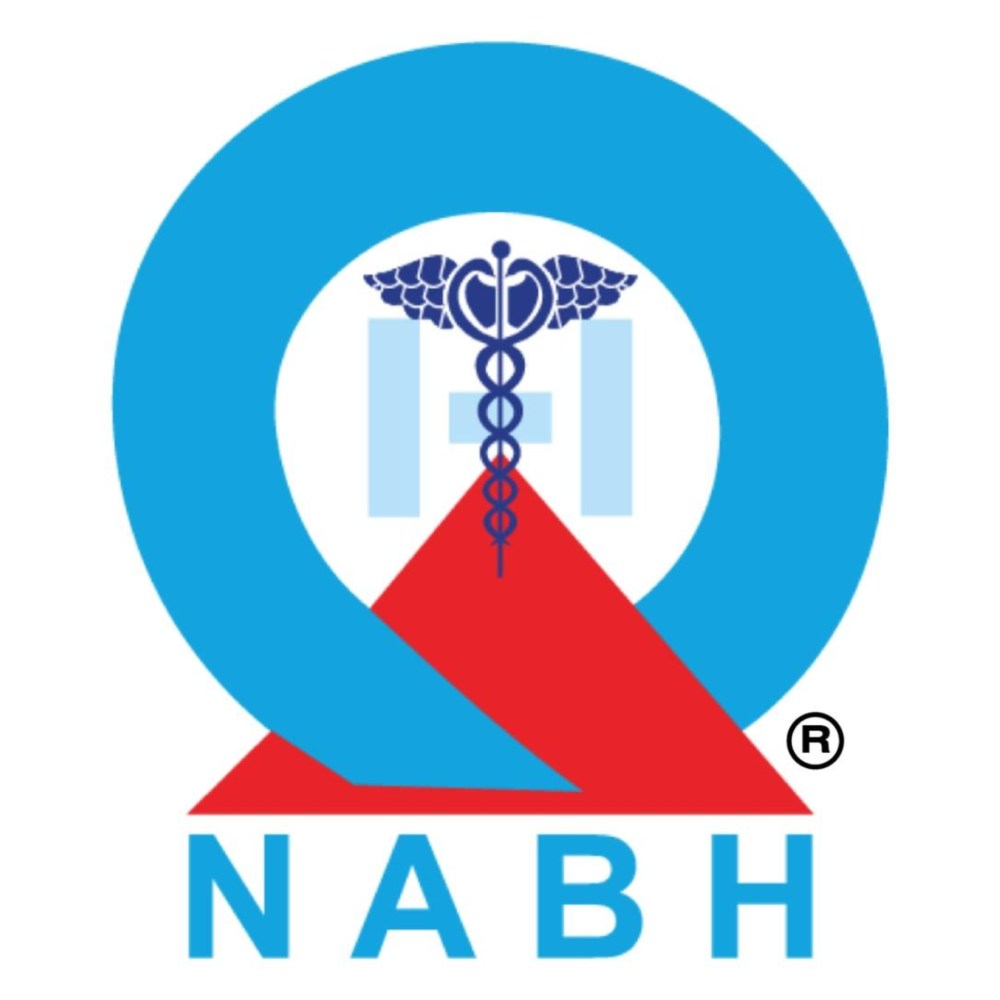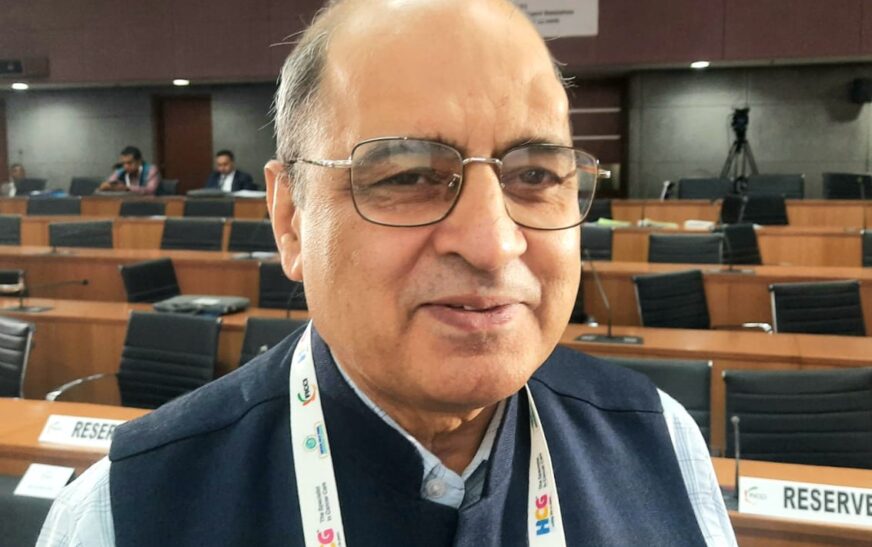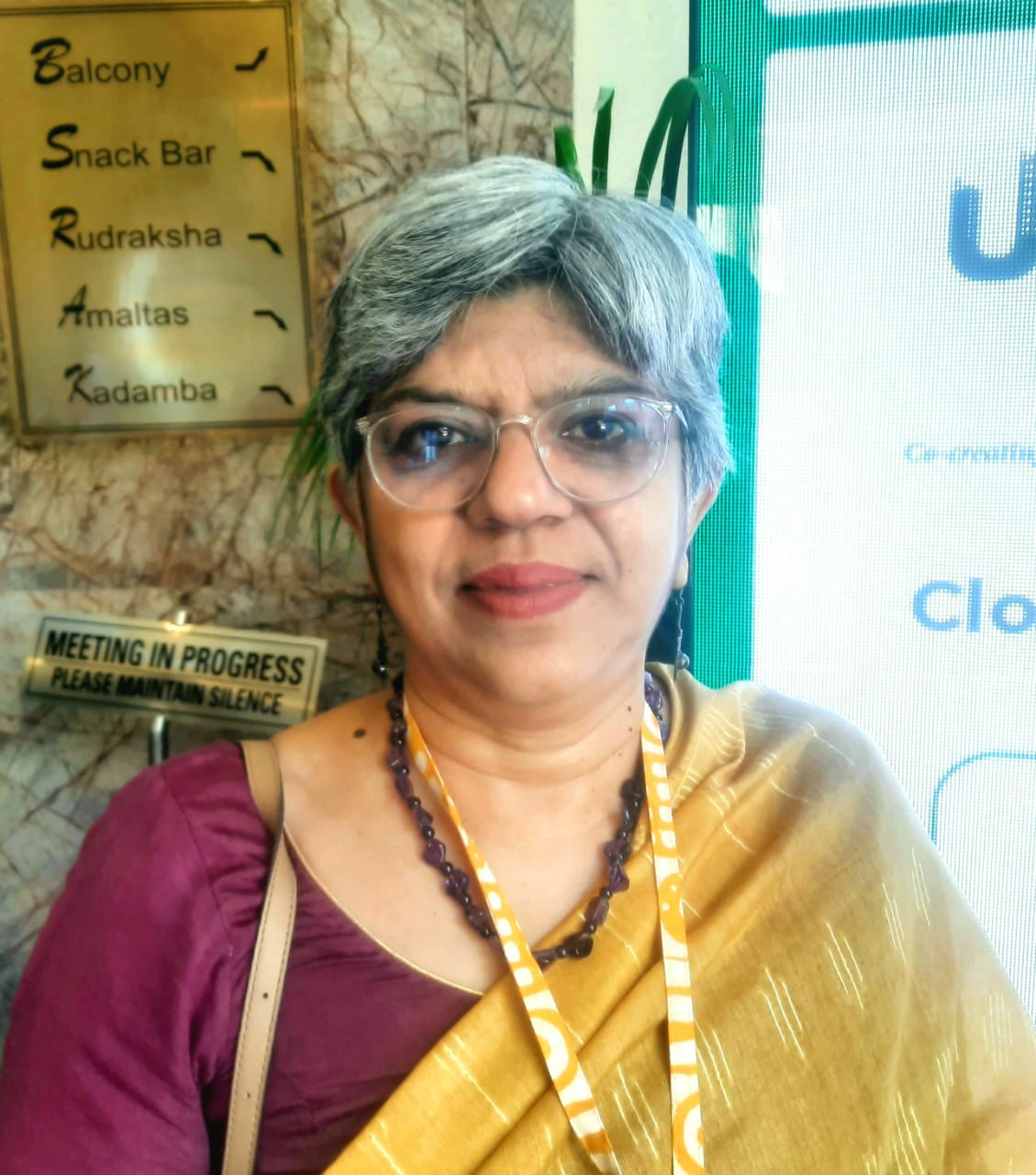The National Accreditation Board for Hospitals & Healthcare Providers (NABH), a constituent board of the Quality Council of India (QCI), leads India’s pursuit of healthcare excellence. Since its inception in 2005, NABH has relentlessly advanced patient safety and care quality through rigorous accreditation frameworks and relentless quality improvement initiatives.
With a bold vision to become India’s apex accreditation authority—fully aligned with global standards—NABH enforces stringent benchmarks for hospitals, clinics, diagnostic centres, and laboratories. Its mission is sharply defined: to enhance healthcare outcomes through structured evaluation systems rooted in both national imperatives and international best practices. At its foundation lie four unwavering values—credibility, transparency, responsiveness, and innovation.
Beyond accreditation, NABH cultivates a pervasive culture of quality. It delivers targeted training programs, forges deep stakeholder engagement, and drives policy advocacy across the healthcare spectrum. Its global affiliations with the International Society for Quality in Healthcare (ISQua) and the Asian Society for Quality in Healthcare (ASQua) further reinforce its stature and collaborative spirit on the world stage.
Simply put, NABH doesn’t follow standards—it redefines them. By aligning Indian healthcare systems with global expectations, NABH transforms quality care from an ambition into a national benchmark.
In an exclusive interview with The Interview World at the FICCI Medical Value Travel Conference, Air Marshal (Dr.) Pawan Kapoor, AVSM, VSM (Retd.), Former DGMS (IAF) and Chairman of the NABH Steering Committee, sheds light on the board’s transformative impact. He discusses how NABH is reshaping India’s medical accreditation landscape, strengthening the global competitiveness of Indian healthcare in medical value tourism, and driving the Gunvatta Yatra initiative. He also elaborates on the QCI’s pioneering steps to combat climate change and embed sustainability across the healthcare ecosystem.
Here are the key insights from this compelling conversation.
Q: In what ways is NABH poised to transform the landscape of medical accreditation and healthcare quality standards across India?
A: We are now actively reaching out to stakeholders across the healthcare ecosystem to underscore the critical importance of accreditation. At the heart of this effort lies our commitment to ensuring consistency in clinical practices and verifying that every facility meets the essential infrastructure standards required for safe and effective care.
Our focus extends beyond compliance. We are establishing systems to capture patient experiences and track patient-reported outcome measures. These insights drive follow-up actions that help identify gaps in care, laying the foundation for continuous quality improvement.
Ultimately, our goal is simple yet profound: when a patient enters a healthcare facility, they must feel confident that they are in safe hands. They should know they will receive care that is ethical, necessary, and appropriate—delivered by credentialed and privileged professionals. This assurance is the very essence of what we aim to achieve through accreditation.
Q: How is NABH accreditation expected to enhance the credibility and global competitiveness of Indian healthcare providers in the medical value travel sector?
A: There are well-defined criteria that a medical value facilitator must meet. These are detailed under the seven elements of Section 43. From the very outset, the focus is clear and comprehensive. It begins with how the facilitator receives the patient and their accompanying relatives. Next comes the quality of care and attention extended to them throughout the process.
This includes assistance with insurance, visa formalities, travel arrangements, and accommodation. Moreover, the facilitator must guide the patient in selecting an appropriately accredited healthcare facility that aligns with their medical needs. Their role extends beyond treatment—encompassing post-care follow-up and the resolution of any legal or logistical issues that may arise during the patient’s stay in the host country.
When a facilitator fulfils all these stringent parameters, it assures the patient that they are dealing with a certified, empanelled professional recognized by a national accrediting body. In short, it gives the patient confidence that they are in capable, trustworthy hands.
Q: What are the key objectives of NABH’s Gunvatta Yatra initiative in smaller Indian cities, and how does it aim to elevate healthcare quality at the grassroots level?
A: Our primary goal is to sensitize healthcare providers and raise their awareness about the importance of accreditation and quality standards, encouraging them to integrate into the formal system. So far, only providers in metro areas and tier-2 cities have taken that step. Those in tier-3 towns and rural regions remain largely outside this framework.
Accreditation, being a voluntary process, requires proactive participation. We want providers to join willingly, not through coercive legislation that would lead to reluctant and superficial compliance. That’s why our current focus is on education and engagement.
By spreading awareness, we aim to reach those who are unfamiliar with quality standards. We help them understand what accreditation involves, why it matters, and how they can begin their journey into the quality ecosystem—on their own terms, but with clarity and purpose.
Q: What key measures and initiatives is the Quality Council of India undertaking to address climate change and promote sustainability across the country?
A: On Patient Safety Day, September 17, 2024, the Quality Council of India unveiled a comprehensive checklist for organizations to follow, focusing on sustainability. This checklist goes beyond environmental sustainability; it encompasses economic sustainability and governance sustainability as well. It serves as a practical tool, enabling organizations to assess their current standing and identify areas for improvement.
Additionally, the sixth edition of the National Accreditation Board for Hospitals (NABH) introduces a new standard under the section on “Responsibility of Management” (ROM 3). This edition places a distinct emphasis on sustainability, recognizing it as a critical and standalone standard for healthcare management.









